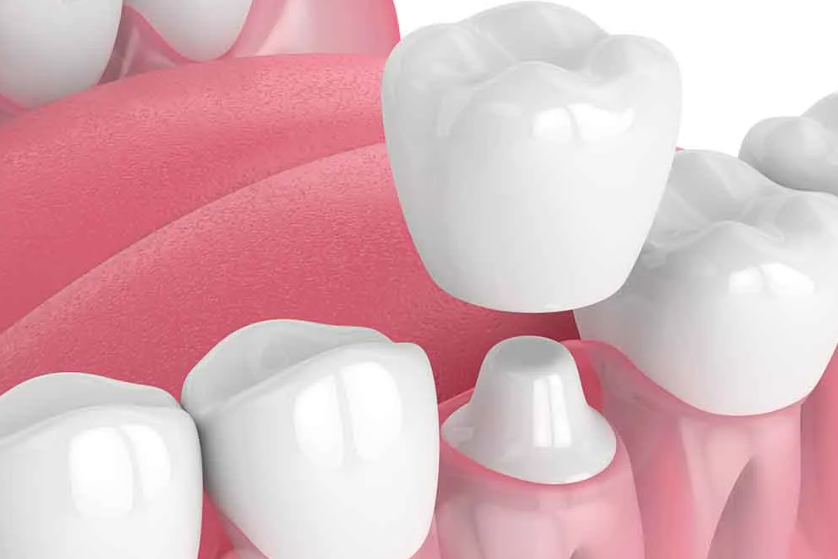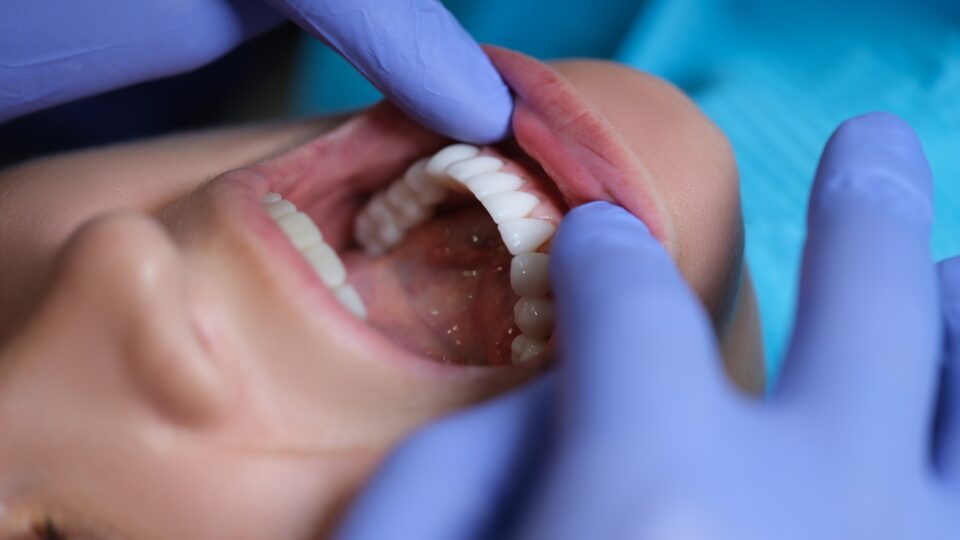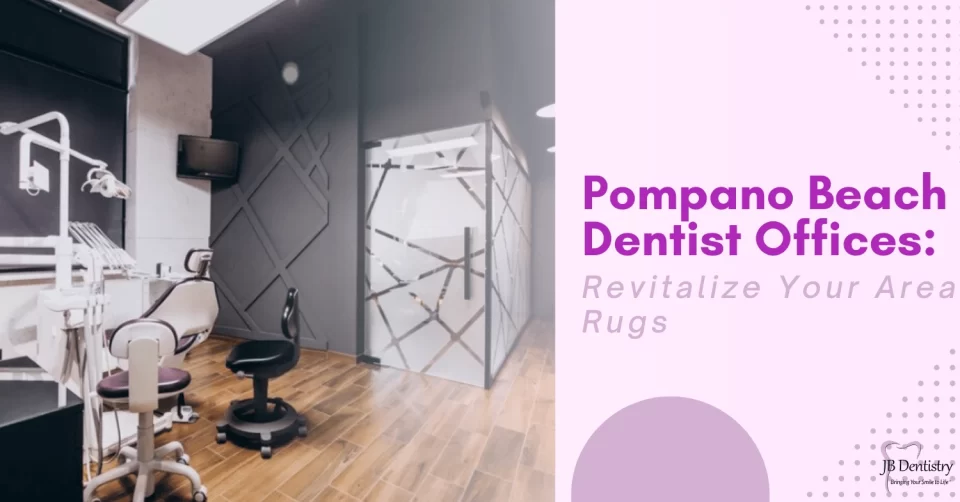When we think about a smile, we often imagine something joyful, inviting, and expressive. A smile can be a powerful form of communication, creating instant connections and leaving a lasting impression. But for many individuals, the shape and alignment of their teeth can have a significant impact on their self-perception and confidence.
Misshaped or irregularly aligned teeth can go beyond just affecting the way we look—they can influence how we feel about ourselves and how we navigate the world around us. In this post, we’ll explore the far-reaching effects of misshaped teeth on self-esteem, social interactions, and mental well-being.
How Does Having Misshaped Teeth Influence Self-Confidence and Social Interactions?
When it comes to personal image, few things are as impactful as our smile. For individuals with misaligned or misshaped teeth, this can present a real challenge. The way we view ourselves—and how we believe others perceive us—can be deeply influenced by the alignment of our teeth.
- Affects Social Comfort: People with irregularly aligned teeth may feel self-conscious when smiling or even speaking. This can lead to avoiding social interactions, particularly those that require close contact, like networking events, family gatherings, or even a simple chat with a colleague. Instead of engaging naturally, they may focus on hiding their smile, leading to awkwardness and discomfort in social situations.
- Reluctance to Smile: One of the most obvious ways misaligned teeth influence self-confidence is the reluctance to show a full smile. Many individuals feel that their smile is imperfect and choose to keep their lips tightly pressed together, or they cover their mouth when laughing or speaking. This can create a barrier to connecting with others, leaving them feeling isolated or disconnected.
- Increased Awareness in Public Spaces: Whether in professional environments or social settings, people with misshaped teeth might find themselves hyper-aware of how they appear to others. This hyper-awareness can escalate stress levels, making social interactions feel more like a performance than a natural exchange. The result is a diminished sense of self-confidence, which can spill over into other areas of life.
What Psychological Effects Can Irregular Tooth Alignment Have on a Person’s Well-Being?
The impact of misshaped teeth is not confined to the physical realm—it can deeply affect an individual’s mental and emotional well-being. Let’s take a closer look at some of the psychological effects that arise when dealing with irregular tooth alignment.
- Body Image Issues: As humans, we place a significant amount of value on our outward appearance. The way we perceive our teeth can contribute to our overall body image. If teeth are misaligned, crooked, or otherwise misshaped, it may lead to negative feelings about one’s overall appearance. Over time, this can evolve into body dysmorphia, where an individual fixates excessively on their teeth, causing them to feel unattractive or self-conscious even when others don’t notice their imperfections.
- Increased Anxiety: Individuals with misshaped teeth may experience higher levels of social anxiety, particularly in situations where their smile or teeth are exposed. This anxiety can stem from the fear of judgment, ridicule, or being perceived as less attractive. Over time, the fear of being scrutinized can build up, leading to avoidant behaviors that can worsen isolation and mental health struggles.
- Low Self-esteem: When people feel self-conscious about their appearance, it can lead to diminished self-esteem. Misshaped teeth are a common trigger for this feeling of inadequacy. Even in adulthood, these issues may persist, leading to challenges in romantic relationships, job interviews, and even everyday tasks like ordering food in a restaurant.
- Depression: In extreme cases, those who struggle with their self-image because of their teeth may develop symptoms of depression. Constantly feeling unattractive or different can take a heavy emotional toll, affecting an individual’s overall outlook on life. In some cases, individuals may even avoid seeking help, thinking that their situation is too superficial to warrant attention from a therapist or counselor.
How Do Misshaped Teeth Impact First Impressions In Professional And Personal Settings?
First impressions are everything, and for better or worse, we often form them based on our initial perception of someone’s physical appearance. In both professional and personal settings, the state of someone’s smile can play a role in how they are perceived by others.
While it’s important to remember that no one’s worth should be based solely on their appearance, the reality is that misshaped teeth can have consequences for social and professional interactions.
- Professional Settings: In the workplace, first impressions matter, and the state of one’s smile can subtly influence how others perceive professionalism. While a crooked smile may not directly impact one’s skills or qualifications, it could affect how confident and approachable a person appears in meetings or client interactions. A person with misaligned teeth might worry that their appearance is distracting others or that they are being judged based on their looks rather than their abilities.
- Examples of challenges in professional settings include:
- Reluctance to speak up in meetings or presentations
- Avoiding networking events or social gatherings due to self-consciousness
- Feeling less confident during client interactions, especially when smiling is involved
- A sense of inferiority when compared to peers with flawless smiles
- Reluctance to speak up in meetings or presentations
- Examples of challenges in professional settings include:
- Personal Settings: In personal relationships, a smile can be one of the most powerful tools for building rapport and creating connections. But for someone with misshaped teeth, this may not come as easily. Whether at a party, on a date, or in everyday casual encounters, people with crooked or irregularly shaped teeth may feel they are not making the best impression. They may worry that others are judging them or, worse, perceiving them as less attractive because of their dental appearance.
- The Impact of Judgment: The fear of judgment based on the appearance of one’s teeth is a common issue. While most people are focused on their own lives and appearances, those who feel their smile is imperfect might imagine others scrutinizing them. This can create a sense of discomfort in interactions, which ultimately affects the ease of building relationships—both personal and professional.
What are Common Emotional Challenges Faced By Individuals With Irregularly Aligned Teeth?
For individuals with misshaped or misaligned teeth, emotional challenges are often a constant companion. While the severity of these challenges varies from person to person, many share common emotional struggles that can have a profound impact on their quality of life.
- Fear of Judgment: One of the most significant emotional hurdles is the fear of judgment. Those with irregularly aligned teeth often worry about how others perceive them. They may avoid social situations or take steps to hide their smile because they fear criticism or disapproval. This can lead to a sense of isolation and loneliness, as individuals may withdraw from social activities altogether.
- Guilt Over Not Seeking Treatment: Many people feel guilty for not seeking orthodontic treatment earlier in life, especially when they are in adulthood and realize their teeth are still misaligned. This guilt can be compounded by financial concerns, the fear of discomfort associated with braces or other dental treatments, or simply not knowing where to begin when considering treatment.
- Negative Self-Talk: Constant negative self-talk can be a byproduct of feeling insecure about one’s appearance. Individuals with misshaped teeth may engage in harsh self-criticism, telling themselves they are unattractive or that they are not worthy of attention or success. Over time, this negative dialogue can become ingrained, further eroding self-confidence and self-worth.
- Frustration with Lack of Control: Some individuals feel frustrated by their lack of control over their appearance. Unlike some other physical features, teeth are something we often don’t have full control over until we reach adulthood and have the option for orthodontic work. This can lead to feelings of helplessness, especially if they feel that their appearance doesn’t match the ideal standards they’ve internalized.
The emotional, psychological, and social effects of having misshaped teeth go far beyond just how we look. The alignment of our teeth plays a critical role in shaping our confidence, self-esteem, and overall well-being.
For many, seeking treatment or speaking with a professional about their options can be an empowering step toward reclaiming confidence and improving both their smile and their mental health. Whether it’s through braces, veneers, or simple lifestyle changes, the journey toward a more aligned smile can ultimately lead to a more aligned sense of self.
Discover How JBDentistry Can Transform Your Smile and Boost Your Confidence Today!
At Jaline Bocuzzi, DMD, PA // JBDentistry, we offer personalized care to help you achieve a confident smile. Whether it’s crooked teeth or misalignment, our expert team can provide treatments like Invisalign, braces, and veneers to enhance your smile. Don’t let dental concerns hold you back—schedule a consultation with us today and take the first step toward a brighter, more confident you!


